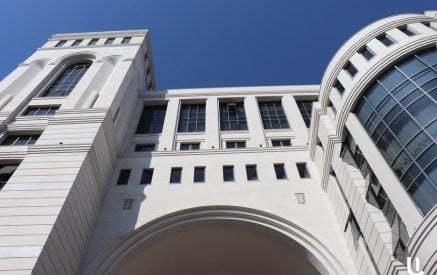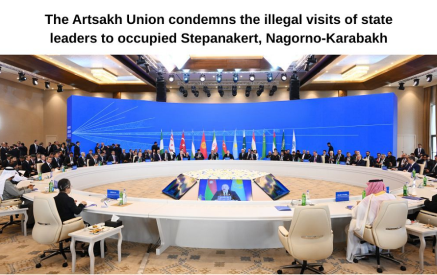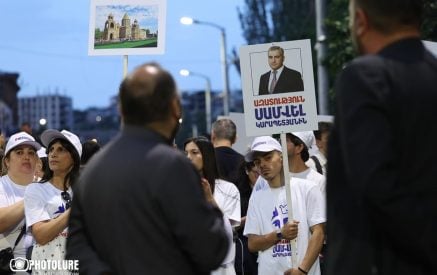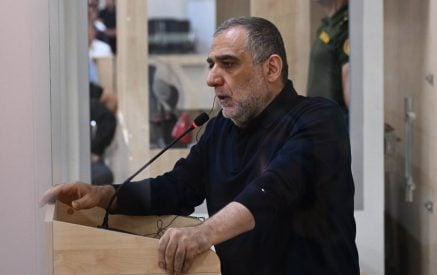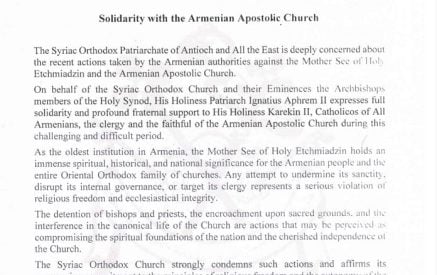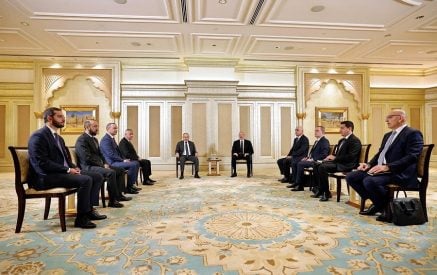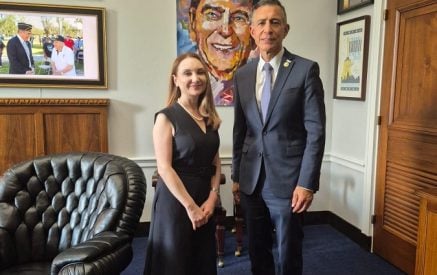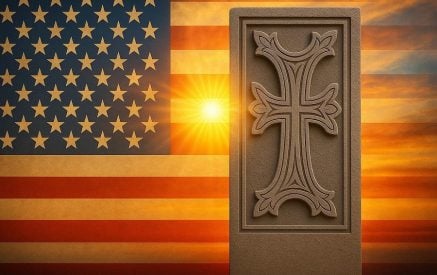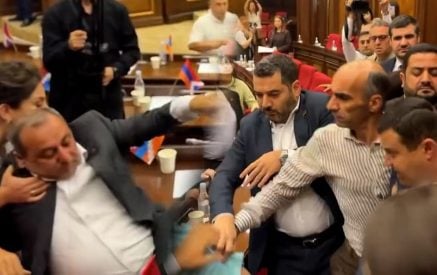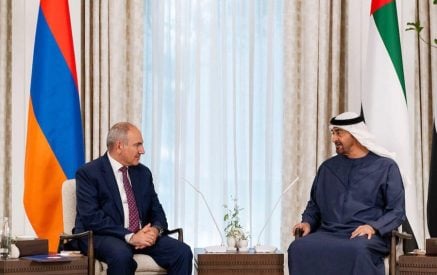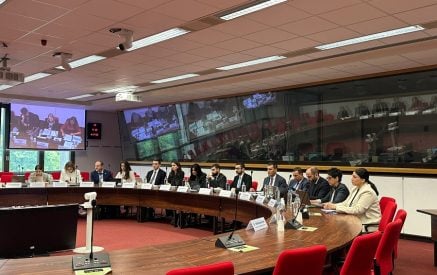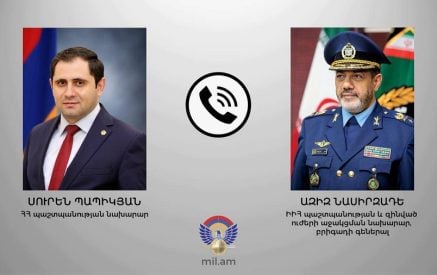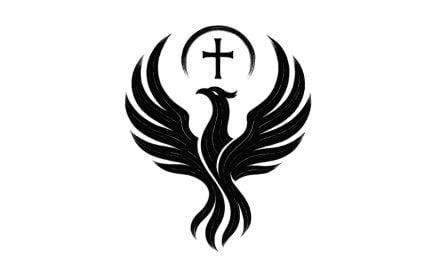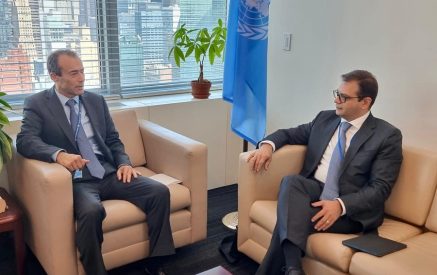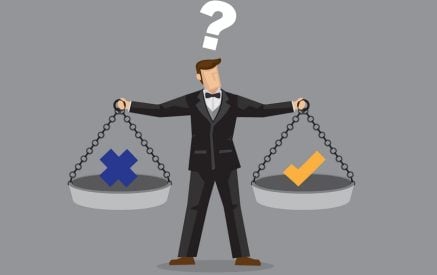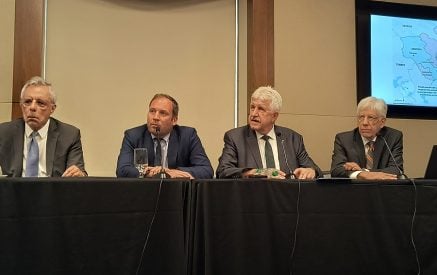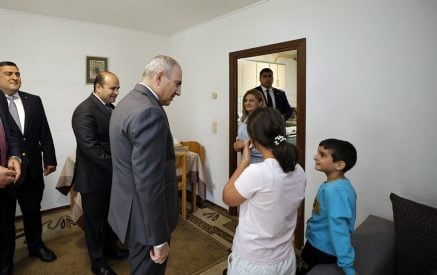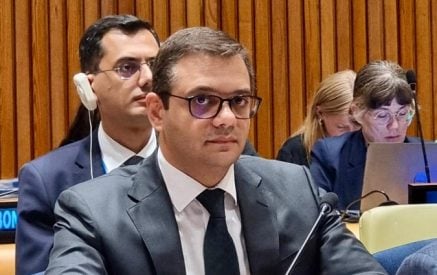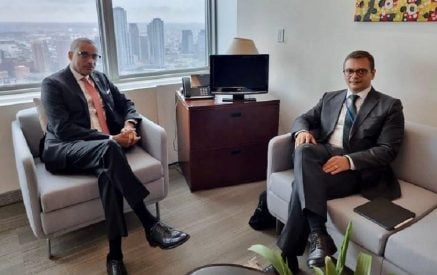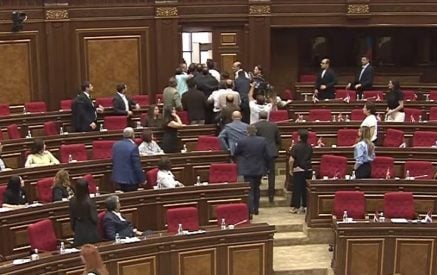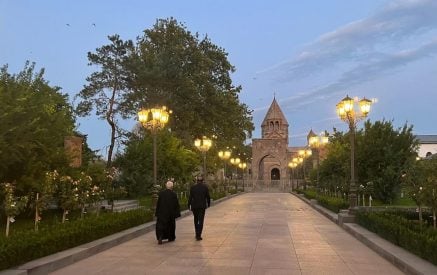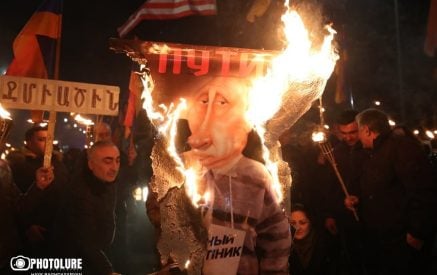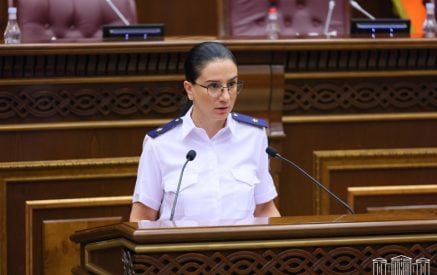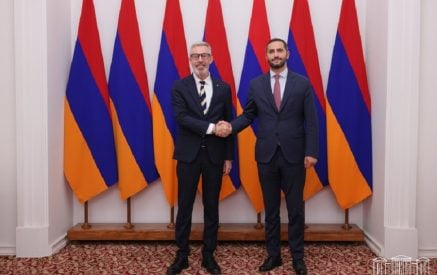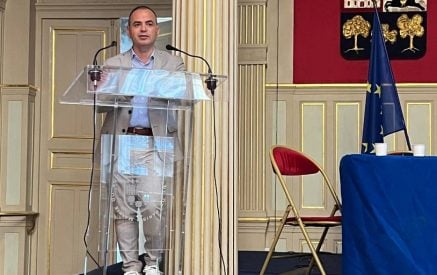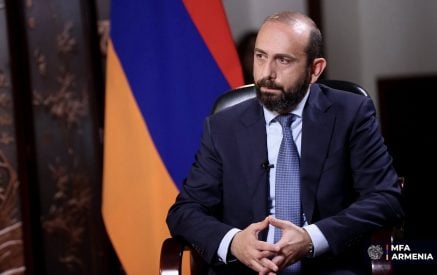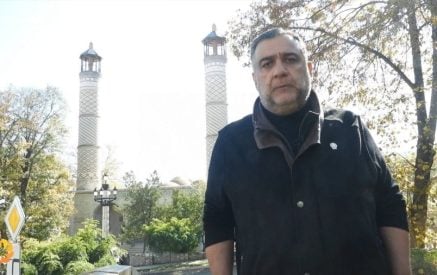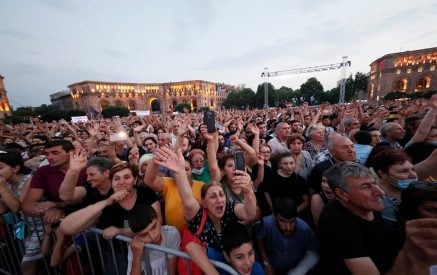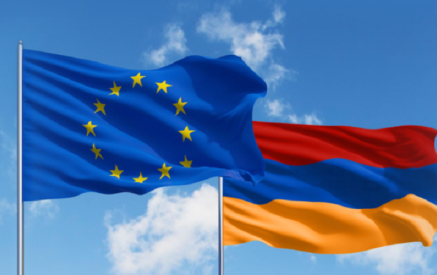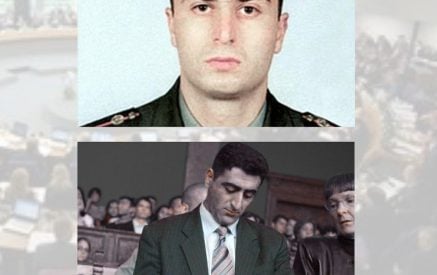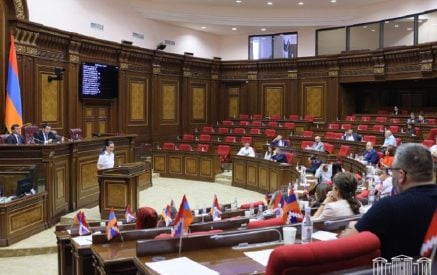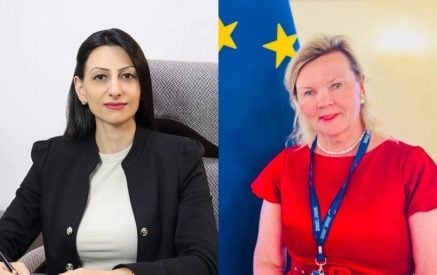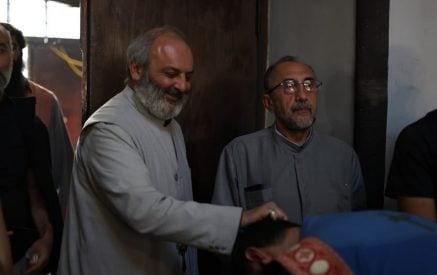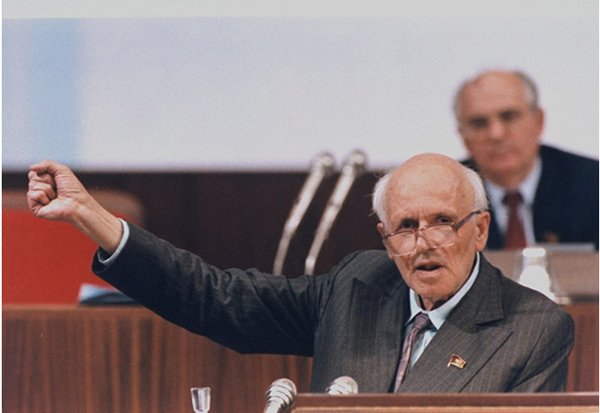How Article 6 of the Soviet Constitution was canceled
Today, people talk a lot about the notion of “political monopoly”. I will remind how this phenomenon was displayed in the Soviet Union without making parallels and leaving this task for the readers.
And so, there was a Communist Party monopoly in the Soviet Union, which was enshrined by the 1977 “Brezhnev” Constitution, Article 6. “The leading and guiding force of the Soviet society and the nucleus of its political system, of all state organizations and public organizations, is the Communist Party of the Soviet Union. … The Communist Party, armed with Marxism-Leninism, determines the general perspectives of the development of society and the course of the home and foreign policy of the USSR, directs the great constructive work of the Soviet people, and imparts a planned, systematic and theoretically substantiated character to their struggle for the victory of communism.” As you can see, the Constitution was affirming not only the party’s monopoly in the political system but also the party’s ideological monopoly. It was very important and was immediately “closing” all the talks and debates about the alternative ways of the country’s development. Certainly, the majority of Soviet people in 1977 Soviet people did not believe that they are fighting for the victory of communism, but this “disbelief” was usually emerging not publicly, in the “kitchens”, in the form of anecdotes.
In the 1936 “Stalin” Constitution, there was no “Article 6”. The actual situation, of course, was providing the complete monopoly of the Communist Party, but under the brutal totalitarianism, there was no need to fix it. In addition, since July 6, 1918, the Bolsheviks had banned all other parties’ activities by the law. The Brezhnev regime, though it had the same basis, however, was different of the Stalin regime and required some “legal facade.” Moreover, since 1964, being the General Secretary of the CPSU, Brezhnev realized that he is unable to govern the country only by “GenSec”, and since 1977, he began to combine the “GenSec” position with the position of a President of the Presidium of the Supreme Soviet. Andropov and Chernenko also did the same.
In 1985, Mikhail Gorbachev became the CPSU General Secretary, and Andrei Gromyko, who supported Gorbachev to take this position, was appointed the Head of the legislative body of the USSR, however, in 1988, Gorbachev demanded also to become the President of the Presidium of the Supreme Soviet by bringing many substantiations including the fact that the party leader cannot represent the country in the international arena. The last Soviet leader realized that the situation inside the country was changing, he also intended to hold wide-scale reforms, but initially it never occurred to him to lift his party monopoly. But, as the elections of the highest legislative body, the USSR People’s Deputies’ Congress were held partially, as opposition deputies already emerged in this Congress, and as some features of freedom of expression and demonstrations began to be formed, it is natural that the very first demand of democratic forces should be announcing the Article 6 of the Soviet Constitution cancelled.
During the very first session of the 1st Congress of the USSR People’s Deputies, on 25 May 1989, Andrey Sakharov raised this issue and encountered the fierce resistance of the party nomenclature. An “Inter-regional” group was formed, which, in addition to Sakharov, included, in particular, Yeltsin and Sobchak – Russia’s current president’s teacher and the former supervisor. In the second Congress, which was opened on 12 December 1989, Article 6 again caused a fiery debate and again missed from the agenda. But the situation was changing drastically, the Gorbachev regime was dramatically different from the Brezhnev regime, and the communist elite was understanding that again, new legal arrangements are required. On February 5, 1990, the Politburo took a decision, according to which his own party’s monopoly was cancelled, as well as it confirmed the USSR president’s position. On March 14, 1990, the Second Congress of the People’s Deputies of the USSR reworded Article 6 of the USSR Constitution. The Communist Party’s political monopoly was abolished, which was immediately followed by the collapse of the Soviet Union.
Fighting for the cancellation of Article 6 of the Constitution together with his confederates, Andrey Sakharov began working on the “Constitution of the Soviet Republics Union of Europe and Asia”. However, on 14 December 1989, the prominent physicist and public figure died suddenly. This draft Constitution is considered to be Sakharov’s political will to the next generations. He was suggesting to write in this Constitution that the Union has no expansion, aggression and messianic goals, an idea that drastically contradicts Russia’s current policy. In the second Article, Sakharov wrote that the goal of the nation and the state is to have “a happy and meaningful life.” As far as I know, there is no such formulation in the Basic Law of any country. Maybe, it does not necessary, it is an issue to be solved by each individual.
Aram ABRAHAMYAN




